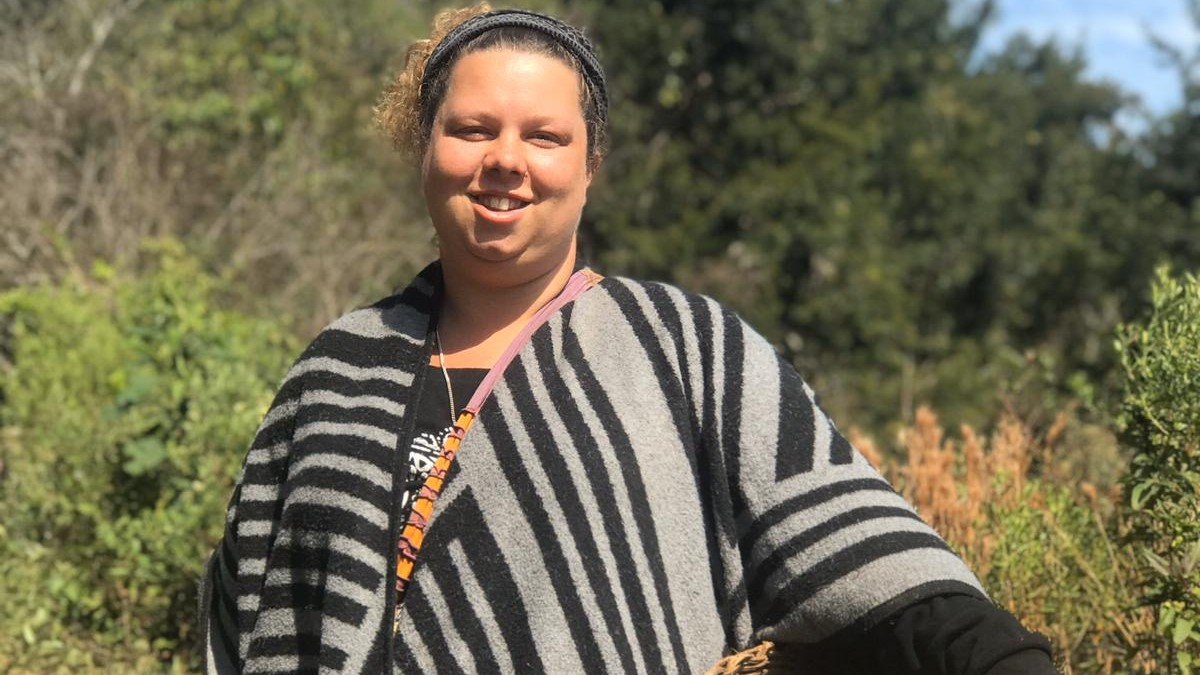A passion for the planet, a desire to dig into research, and a love for a global Peace Corps experience: Alumna Brooke McWherter considers these the building blocks for designing her world-changing career.
McWherter, B.S. biology 2013, studied and researched wildlife biology alongside Dr. Day Ligon and Dr. Alicia Mathis when she was at Missouri State University.
“Missouri State gave me my first foray into doing field research,” McWherter said.
Now, as a fourth year PhD candidate at Purdue University, she studies the social aspects of wildlife conservation and natural resource conservation. She credits her experience in Ligon’s lab for piquing this interest initially.
“It provided the foundation for what I do now. It gave me introductions into topics and fields that I am still interested in,” she said. “It makes me a better social scientist having that background in biology. And I think that extends beyond graduation.”
Peace Corps service a pivotal experience
Following her time at Missouri State, McWherter joined the Peace Corps for a two-year stint as an environmental education and conservation specialist in Yataity, Pilar, Paraguay.
“This is where I became more interested in how people engage with nature and how they should be included in conversations around conservation,” McWherter said.
But joining the Peace Corps wasn’t a natural or easy decision. She felt discouraged by people who didn’t understand how this fit into her career path.
“I would encourage people to experiment and try different things,” she said. “This provides opportunities for us to get a different set of skills and better reflect on our interests, our futures and our careers. Experiment, get out there, try different disciplines, and talk to scientists across different fields or colleges.
“See how those interactions can help you be more effective at what you want to do. Maybe it will even change your path to something you like doing even more.”
Ligon remembers McWherter’s first introduction to him in his first semester at MSU.
“Out of more than 120 students in the class, Brooke was notable for her enthusiasm for science in general and for conservation biology in particular,” Ligon said. “Her career since leaving MSU has shifted to studying human dimensions in conservation, and I’m pleased that her wildlife studies as an undergraduate remain so relevant to her career now.”
Step by step: Forging her own path
“The Peace Corps provides a lot of opportunities to engage with different cultures and practices. You can learn a lot about yourself and where you are in the world. I think that is valuable for any developing practitioner or scholar,” McWherter said.
After completing her time in the Peace Corps, she received her master’s degree in environmental justice and conservation ecology at the University of Michigan. Then she moved to Purdue in 2017.
She now conducts research on watershed governance in Bolivia. She relates that project to the love she found for other cultures when working in the Peace Corps.
She also serves as an instructor for Introduction to Human Dimensions for Natural Resources. In this course, she introduces students to the topics she’s most passionate about.
One of her goals is to teach them the benefits of social science and how they can be better collaborators with social scientists and extension agents in future roles.
“Each step has leveled me up to be a better scientist,” she said. “And each step has given me experiences and mentors that have really helped me be a better researcher.”

